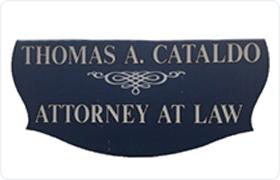Landing Felony Lawyer, New Jersey
Sponsored Law Firm
-
 x
x

Click For More Info:
-
Thomas A. Cataldo, Attorney at Law
52 South Street Morristown, NJ 07960» view mapCriminal Defense Law Tip The Scales In Your Favor!
Thomas A. Cataldo, Attorney at Law has the legal experience you need at affordable rates that can't be beat.
800-834-4291
Ron Bar-Nadav
✓ VERIFIEDBar-Nadav Law Offices is a legal service in Hackensack, NJ specializing in criminal law cases. With years of experience in NJ criminal law, we’re co... (more)
Douglas F Herring
✓ VERIFIEDFormer Los Angeles & Compton gang prosecutor, federal prosecutor, and state prosecutor … Now providing an aggressive criminal defense for you. As... (more)
Kevin Timothy Conway
✓ VERIFIEDThe undersigned previously served as the County Wide STOP DWI prosecutor supervising all of the DWI cases/dispositions while also handling all other t... (more)
FREE CONSULTATION
CONTACTFREE CONSULTATION
CONTACTFREE CONSULTATION
CONTACT Thomas Cataldo Morristown, NJ
Thomas Cataldo Morristown, NJ Practice AreasExpertise
Practice AreasExpertise




